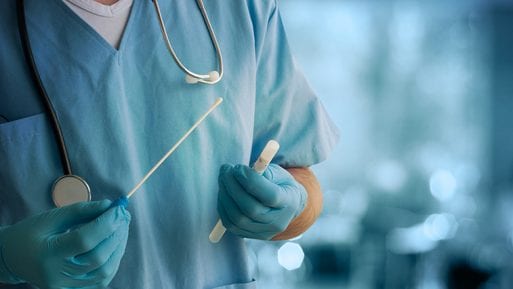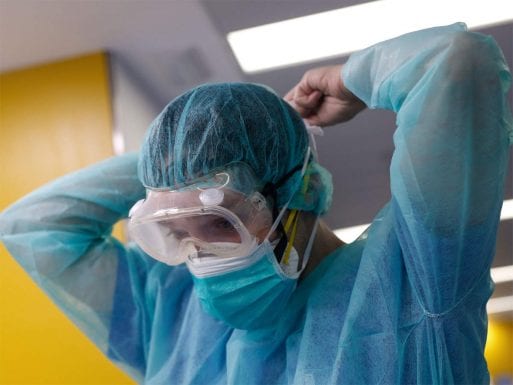
Credit: healthaffairs.org
The University of Louisville announced on Friday the completion of Phase 1 of its Co-Immunity Project. The mission statement of the project reads:
The purpose of this project is to help healthcare workers determine if they have been unknowingly exposed to COVID-19, to measure how much immunity was generated by such exposure, and to identify those with the best immune responses as donors of high quality plasma for rescue treatment of patients with advanced COVID-19. In addition, the data will be used by scientists worldwide who are working to determine whether quantitative antibody measurements can be used to predict immunity in the overall workforce.
Researchers discovered that only 1.2 percent of local health care workers tested in May for current or past infections of COVID-19 had confirmed cases of the coronavirus.
Throughout May, the Co-Immunity Project tested 1,372 health care workers at hospitals in the UofL Health system. The study found only two people who tested positive for SARS-CoV-2, the virus that causes COVID-19. Another 14 participants tested positive for COVID-19 antibodies, indicating that they had previously been infected. Due to the low volume of blood in some samples, antibody levels could not be tested in 128 workers.

A health care worker in India dons PPE to prevent the transmission of COVID-19
Credit: economictimes.com
The results suggest that social distancing, the use of masks and other measures in hospitals are working to slow the spread of the disease.
“To me, it seems like good news that we have been able to — at least in some sense — contain the spread of the virus and stem the infection at least within our health care workers,” said Aruni Bhatnagar, director of the university’s Christina Lee Brown Envirome Institute.
The research results released on Friday were limited to health care workers at U of L facilities, including U of L Hospital, Jewish Hospital and other outpatient centers. Among those who participated were doctors, nurses, respiratory therapists, and nursing assistants; participants also disclosed details about their work for the study.
Bhatnagar said that data is still being reviewed. Reviewed results are expected to be released in about a week.

 Co-Immunity Project Reveals Precautions Work To Prevent Spread of Coronavirus
Co-Immunity Project Reveals Precautions Work To Prevent Spread of Coronavirus


 How Dare You Die Now!
How Dare You Die Now!

 “Help Me, Helen”
“Help Me, Helen”














